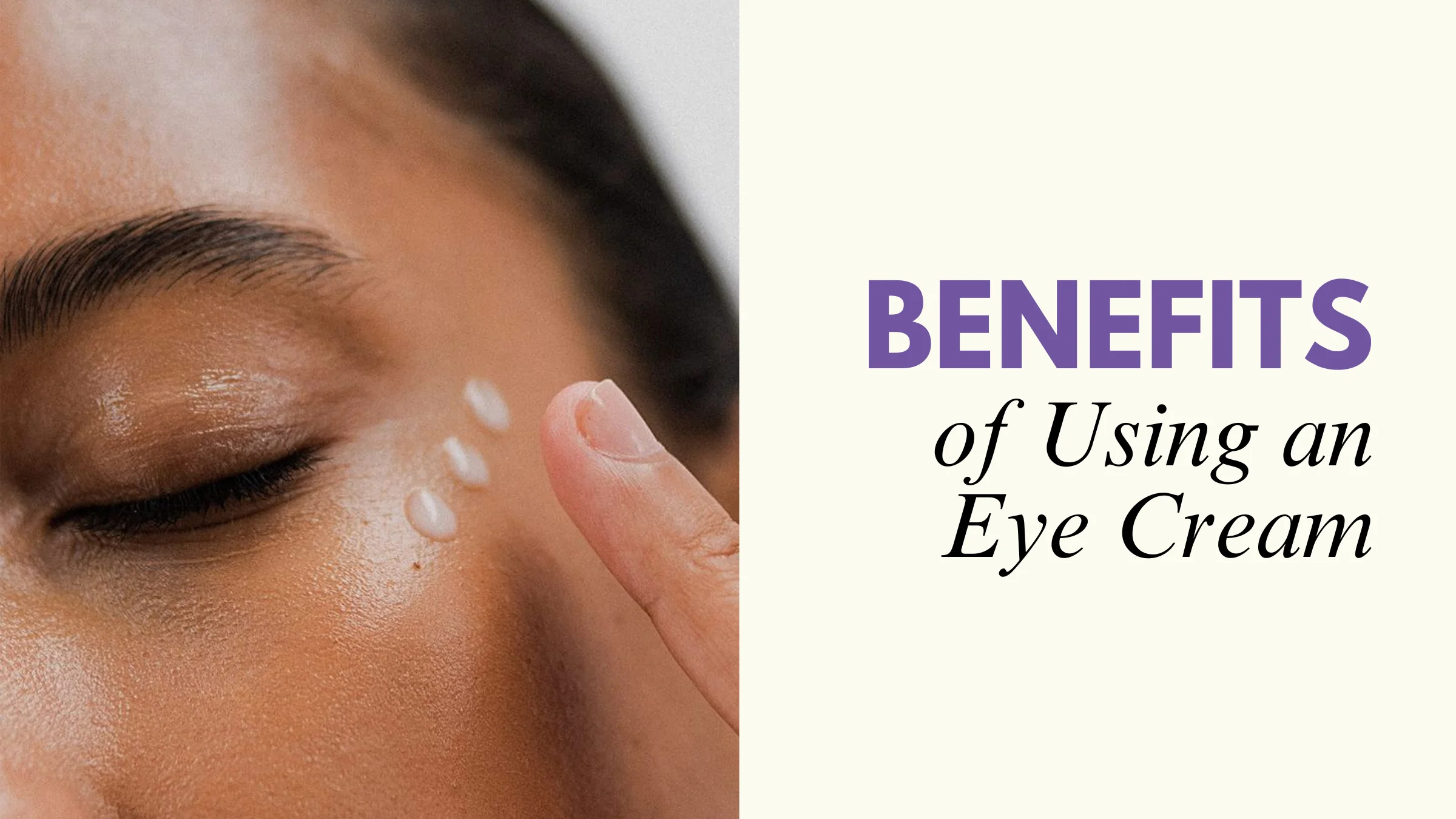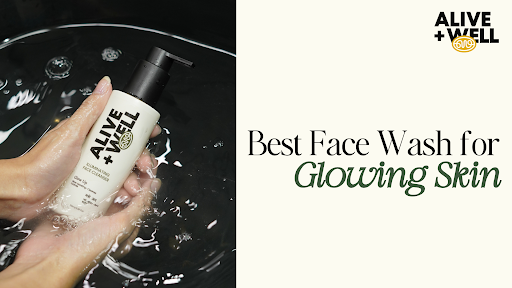Vitamin C Serum for Oily Skin
Dealing with oily skin can be frustrating, especially in summer. Greasy face, enlarged pores, and frequent breakouts are all too familiar, making it challenging to enjoy summer sunshine. Nonetheless, one powerful ingredient could help you achieve radiant skin even in summer. Vitamin C–Think of a bright complexion and even skin tone without any greasiness.
Let’s explore the essentials of using vitamin C serum for oily skin so you get the best out of summer this year.
Why Vitamin C Serum is a Game-Changer for Oily Skin
Regulates Sebum Production
Oily skin is a result of overactive sebaceous (oil) glands, which produce excess oil for the skin. Vitamin C helps balance excess oil production, making your skin look more balanced and less greasy.
Brightens and Evens Tone
Individuals with oily skin are more susceptible to dark spots, post-acne scars, and uneven skin tone. Vitamin C acts as a powerful antioxidant by inhibiting melanin production, unveiling a more radiant, spotless, even-toned complexion.
Fights Acne and Breakouts
Excess oil production leads to clogged pores, ultimately leading to blackheads, whiteheads, and breakouts. Vitamin C has anti-inflammatory properties that strengthen the skin’s barrier and reduce the risk of breakouts, leaving your skin clear and spotless.
Hydrates Without Grease
Most people with oily skin skip moisturizers and serums, thinking they’ll make their skin even greasier. However, vitamin C serums are typically lightweight and water-based, meaning you get the desired hydration without any oiliness and shine.
Protects Against Environmental Damage
Oily skin can easily fall prey to environmental stressors like pollution, UV rays, and free radicals, which can lead to premature aging. Vitamin C, being a potent antioxidant, neutralizes these harmful molecules, protecting your skin from damage.
How to Choose the Right Vitamin C Serum for Oily Skin
- Go Lightweight: Aim for a water-based, fast-absorbing formula, avoiding heavy oils as their ingredient.
- Concentration: Start with 10–15% vitamin C and gradually move to higher concentrations after getting well acquainted.
- Form: Look for L ascorbic (most potent)
or ethyl ascorbic (most stable) acid, as they are the most effective forms of topical vitamin C. - Non-Comedogenic: Ensure the serum is labeled non-comedogenic to prevent pore blockage and further breakouts
Steps To Use Vitamin C Serum for Oily Skin
- Cleanse
Use a gentle, foaming cleanser that removes dirt, oil, and impurities without stripping your skin.
- Treat
Take 3–4 drops of vitamin C serum and gently pat onto your face and neck, avoiding the inner corners of your eyes and mouth.
- Moisturize
Follow with a lightweight, oil-free moisturizer, preferably gel-based, to lock in hydration without adding extra oil.
- Sunscreen (AM Routine Only)
Vitamin C boosts sun protection, so always finish with a broad-spectrum SPF 30 or higher.
What to pair with vitamin C?
Celebrated for its brightening, antioxidant, and anti-aging benefits, vitamin C is an active ingredient; hence, it’s important to know its compatibility with other serums to layer it effectively.
Ingredients | Reasons to pair | Reasons to Avoid |
Vitamin E | Enhances antioxidant protection | |
Ferulic Acid | Stabilizes vitamin C and boosts efficacy | |
Salicylic Acid (BHA | Both are actives and can be irritating when layered. | |
Hyaluronic Acid | Hydrates and plumps without interference | |
Peptides | Supports collagen and improves skin texture | |
AHAs (Glycolic/Lactic Acid) | Both are acidic and can cause irritation or sensitivity when combined. | |
Niacinamide | Brightens and controls oil production | |
Retinol | Both actives together can irritate the skin and reduce effectiveness | |
Ceramides | Strengthens skin barrier and enhances hydration | |
Sunscreen | Provides extra protection when used with vitamin C | |
Benzoyl Peroxide | Benzoyl peroxide can oxidize Vitamin C, and can affect its effectiveness |
Best Vitamin C serum for oily skin in India
There is no thumb rule regarding the best vitamin C for oily skin, however Alive + Well Vitamin C cret Potion is a potent vitamin C serum with the most stable form of topical vitamin C. Enriched with science- backed ingredients like hyaluronic acid, orange and lemon peel extract, grape seed and kiwi extract works together to bring brighter days ahead for individuals with oily skin.
With vitamin C serum as your ultimate ally, unlocking radiant and balanced skin is no longer a challenge for those with oily skin. Choose the right formula that is lightweight, non-comedogenic, and pair it with compatible ingredients to ensure you get all the benefits without the grease or breakouts.
FAQs
Which vitamin C serum is best for oily skin?
A lightweight, water-based serum like Vitamin C cret potion that is free from comedogenic ingredients is the best for oily skin.
How to use vitamin C serum for oily skin?
Apply 3–5 drops of serum after cleansing your face and neck, then follow with a lightweight moisturizer and sunscreen in the morning.
When to use vitamin C serum for oily skin?
Best to use in the morning after cleansing and before moisturizer and sunscreen. Can also be used at night if your skin tolerates it well.
Can one use vitamin C serum for oily skin every day?
Yes, vitamin C can be used daily for best results, unless you experience irritation.
Can I skip moisturizer after vitamin C serum for oily skin?
No, always follow with a lightweight, oil-free moisturizer to lock in hydration and maintain skin balance.
How do you use vitamin C serum for best results?
Apply to freshly cleansed skin, use consistently (morning and/or night), follow with moisturizer and sunscreen.
How many drops of vitamin C serum to use?
Use 3–5 drops to cover the full face and neck evenly.
Can oily skin use Vitamin C serum?
Yes, vitamin C helps regulate oil, brightens skin, and protects against environmental damage without making skin greasy.
Sources
https://www.skinbydrg.com/blogs/blog/four-ingredients-that-pair-the-best-with-vitamin-c
https://www.skinceuticals.com.au/what-skincare-ingredients-can-you-use-with-vitamin-c.html



